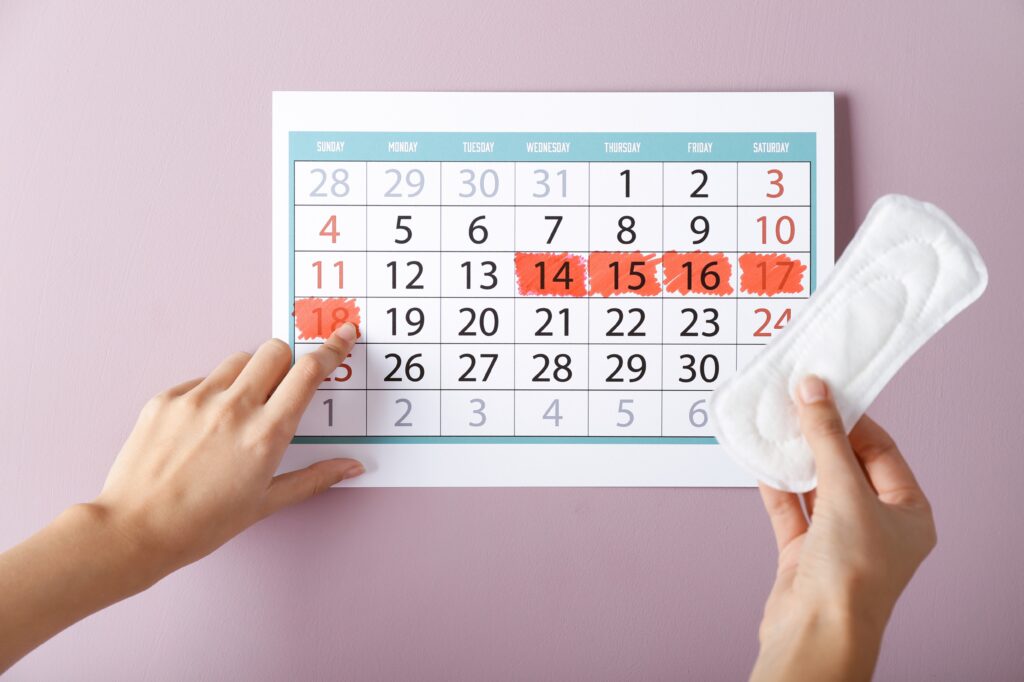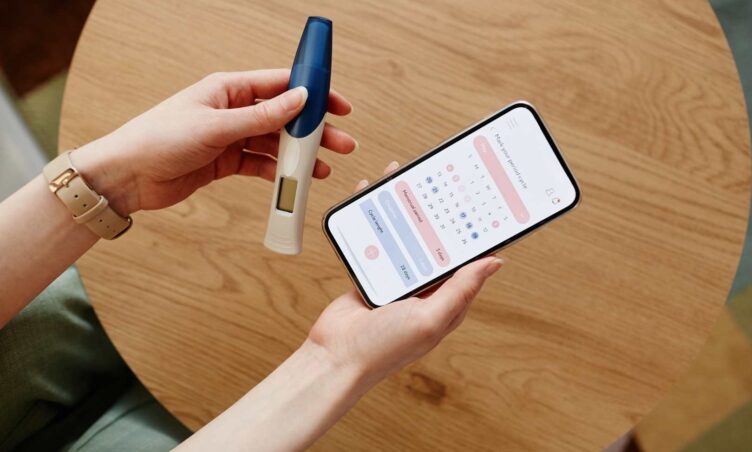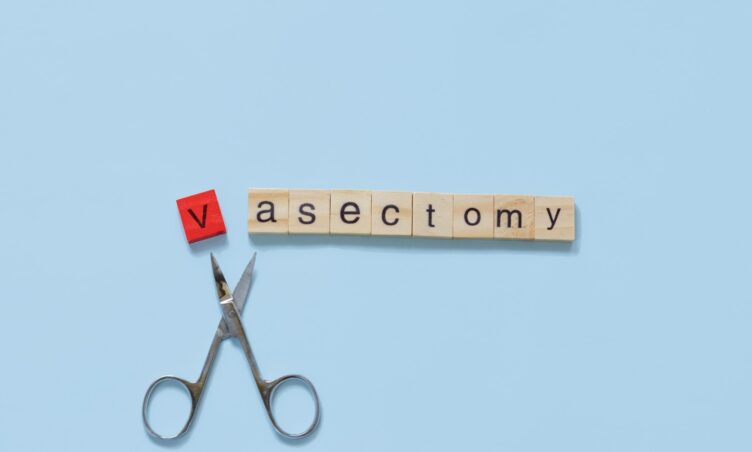Is it safe to skip periods?

The answer is YES!
If you think about it, your body is actually designed to ‘skip’ periods when needed – for example, if you’re breastfeeding, pregnant or stressed. This is something your body is able to do very easily. Compared to in the past, people now are having more periods than ever before – because on average, we have fewer pregnancies, and shorter breastfeeding periods. People are also getting their first periods at a younger age, and reach menopause at an older age than in the past.
Many people now use contraception for preventing unplanned pregnancies or to regulate their periods. There are many kinds of contraception. Most of them cause some changes to when you get your period, and what the flow of bleeding is like. One of the things hormonal contraception does is thin the lining of your uterus, so there is no big build up if you skip a period. This is why hormonal contraception often makes your period lighter than usual. When you skip a period, your body simply reabsorbs the uterine lining.
The most common way to skip a period is to be on the combined oral contraceptive pill. This type of pill has eostrogen and progesterone in it. These are the hormones that are present throughout your monthly menstrual cycle. Most pill packets have around 21 days of active hormone tablets, and around 7 days of inactive ‘sugar pills’ when you get your ‘period’. Sometimes people “skip” the 7 days of inactive ‘sugar pills’ and continue on to their next pill packet. This means they won’t get bleeding during this time.

The inactive ‘sugar pills’ are often marked with a different colour on your pill packet.
Other contraception that can change your bleed pattern, and lighten or stop your periods completely are hormonal IUDs (like Mirena and Kyleena), contraceptive implants (Implanon) and injections (Depot Provera) or the vaginal Nuva Ring.
Some people might still get bleeding in between their ‘periods’. This is called breakthrough bleeding. If this happens to you, see your GP or women’s health clinic to find out why this is happening. Don’t stop using contraception without medical advice, or you might become pregnant.
Skipping periods can work really well for people who have heavy periods, period pain, pelvic pain, iron deficiency, pre-menstrual tension or disabilities. There are also many social reasons why you might want to skip your period – such as travel, work, exercise, sex, or convenience.
Remember, it is your choice. Skipping your periods with hormonal contraception is safe – and won’t affect your future fertility or long-term health.
If you want more information about what is right for you, see your GP or your local woman’s health clinic.






